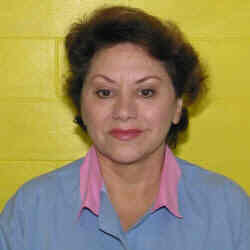|
Murderpedia |
|
 |
|
MALE murderers |
index by name A B C D E F G H I J K L M N O P Q R S T U V W X Y Z | |
|
FEMALE murderers |
index by name A B C D E F G H I J K L M N O P Q R S T U V W X Y Z | |
|
|
|
|
|
|
||||||
|
Murderpedia has thousands of hours of work behind it. To keep creating
new content, we kindly appreciate any donation you can give to help
the Murderpedia project stay alive. We have many |
|
|
|
|



